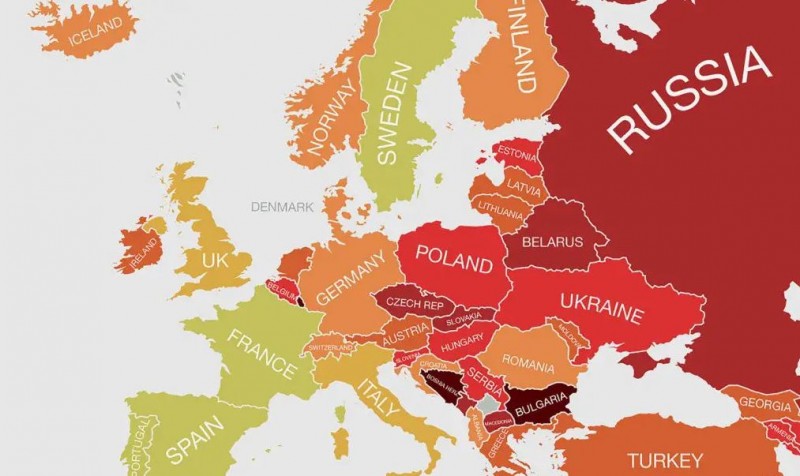
When it comes to environmental concerns, the impact of pollution is a critical issue that affects us all. While many countries are taking steps to reduce their carbon footprint and adopt sustainable practices, there are still nations that significantly contribute to global pollution levels. In this article, we will delve into the topic of the worst polluting nations in the world and rank them based on their environmental impact. Let's take a closer look at these nations and their efforts—or lack thereof—to address this pressing issue.
Before we dive into the list of the worst polluting nations, it's important to understand what pollution entails and how it affects the planet. Pollution refers to the introduction of harmful substances or contaminants into the environment, leading to adverse effects on ecosystems, human health, and the overall quality of life. The most common types of pollution include air pollution, water pollution, and soil pollution.
To rank the worst polluting nations, various factors are considered, including carbon emissions, industrial waste, deforestation rates, and more. These factors give us insights into a country's contribution to pollution and its overall environmental performance. It's worth noting that while certain nations may have high pollution levels, efforts to mitigate these issues can also play a role in the ranking.
China consistently tops the list of the worst polluting nations, primarily due to its massive population and heavy reliance on coal. The country's rapid industrialization has led to soaring carbon emissions, contributing to both air and water pollution.
The United States ranks high in terms of carbon emissions and industrial waste. Despite efforts to transition to renewable energy sources, the U.S. still faces challenges in reducing its overall pollution levels.
India grapples with severe air pollution issues, particularly in major cities. Additionally, inadequate waste management infrastructure contributes to environmental degradation.
Russia's industrial history has left behind a legacy of pollution. While the country has made progress in some areas, issues like water pollution from industrial activities remain a concern.
Brazil's significant deforestation rates, especially in the Amazon rainforest, have earned it a spot on this list. The destruction of crucial ecosystems contributes to carbon emissions and loss of biodiversity.
Indonesia's palm oil industry has led to deforestation and habitat loss for endangered species. Despite efforts to adopt sustainable practices, the environmental impact remains substantial.
Japan's industrial advancement has historically caused pollution, but the nation is actively working on technological innovations for a greener future. However, challenges in waste management persist.
Air pollution and water scarcity are significant issues in Iran. The reliance on fossil fuels and water-intensive industries contributes to the country's pollution woes.
As the consequences of pollution become more evident, the global community is increasingly calling for action to address these pressing issues. International agreements, such as the Paris Agreement, aim to unite nations in their efforts to combat climate change and reduce pollution levels.
Addressing pollution requires collective efforts from governments, industries, and individuals. Countries need to invest in renewable energy sources, implement effective waste management strategies, and promote sustainable practices. By taking these steps, the worst polluting nations can transition toward a cleaner and more sustainable future.
In conclusion, the problem of pollution is a complex and multifaceted challenge that demands immediate attention. By acknowledging the role of the worst polluting nations and encouraging global collaboration, we can pave the way for a healthier planet for current and future generations.
The Bizarre and Fascinating Applications of Garlic Throughout History
Cutting-edge Technology in Aston Martin DB12
Adapting to Change: Telecom Company Axes Budget Pre-Paid Option